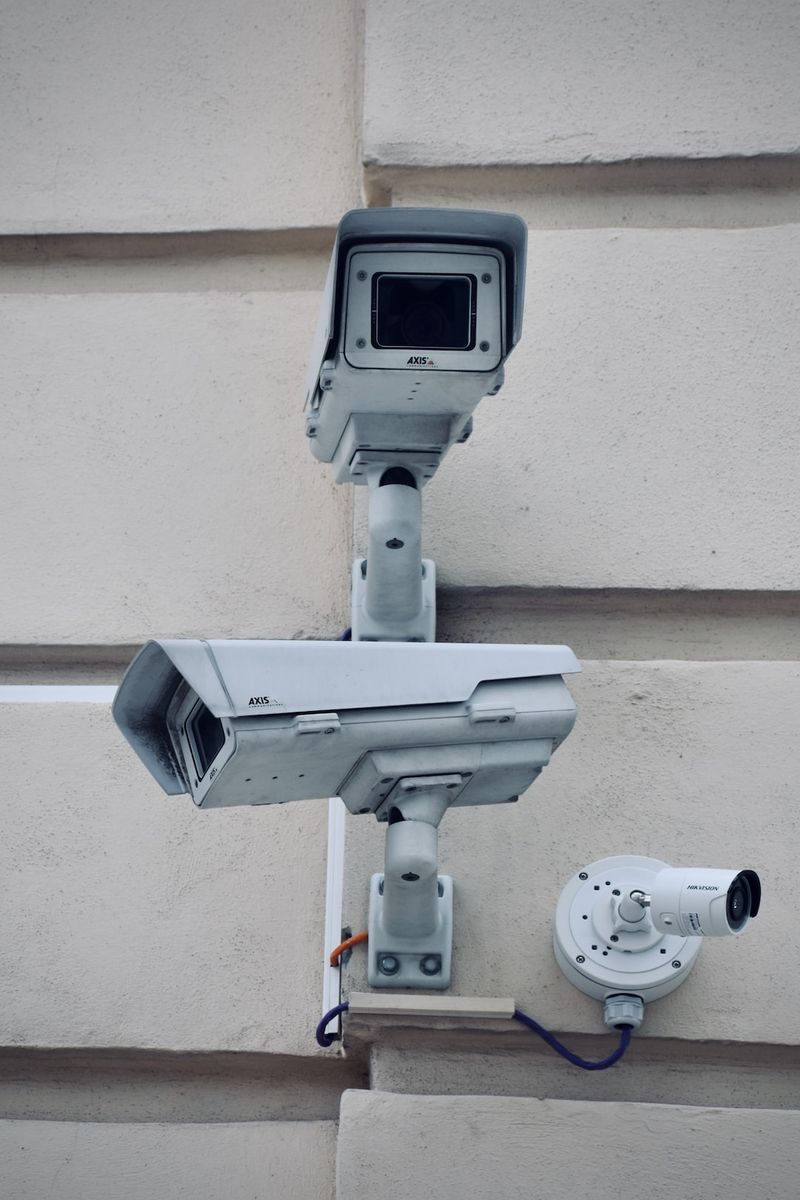Government Surveillance Tool Should Face New Limits, Divided Privacy Oversight Board Recommends
A sharply divided privacy oversight board is recommending that the FBI and other U.S. government agencies be required to obtain court approval before reviewing the communications of American citizens collected through a secretive foreign surveillance program. The recommendation comes from a three-member Democratic majority of the Privacy and Civil Liberties Oversight Board, despite opposition from Biden administration officials who argue that such a requirement could impede terrorism and espionage investigations and compromise national security. The report is significant as it coincides with growing bipartisan opposition in Congress to the reauthorization of the program, known as Section 702 of the Foreign Intelligence Surveillance Act, and recent revelations of mishandling of intelligence gathered under the law by FBI employees.
Controversial Program Sparks Bipartisan Opposition
Section 702 permits spy agencies to collect emails and other communications from foreigners abroad, even when those individuals are in contact with U.S. citizens. Though the program is considered crucial for national security by the Biden administration, many lawmakers from both the Democratic and Republican parties are demanding major changes to how the FBI can use foreign surveillance data to investigate Americans. The privacy oversight board, while divided on the specific reforms needed, is recommending the renewal of the program under new limitations. The opposition to reauthorization has brought together Democratic advocates for civil liberties with Republicans who are critical of perceived abuses during the investigation into President Donald Trump’s ties to Russia.
Concerns Over Database Queries and Compliance
One of the key points of contention is the use of the foreign intelligence database to search for information about individuals, businesses, or phone numbers located in the United States. The queries are permitted when there is a reason to believe they will retrieve foreign intelligence information. The FBI can also search the database if it believes it will reveal evidence of a crime, although a court order is required to review the results of those queries. However, unsealed court opinions have revealed FBI violations in how those queries have been conducted, including improper searches related to the Capitol riot and protests following the killing of George Floyd. The privacy oversight board has recommended that executive branch agencies, with limited exceptions, obtain permission from the Foreign Intelligence Surveillance Court to access the results of their database queries on U.S. citizens.
Divided Opinions and Potential Consequences
The privacy oversight board’s recommendation has received criticism and opposition, with the two Republican members of the board and the White House arguing that it would be burdensome and impede national security investigations. They contend that seeking court permission to review intelligence that has already been lawfully collected would slow down intelligence efforts and compromise the prevention of terrorist attacks, espionage, and cyberattacks against critical infrastructure. Gen. Paul Nakasone, the director of the National Security Agency, emphasized the need to balance national security with civil liberties and privacy. Critics of the majority’s position argue that it would create a significant barrier between law enforcement and intelligence.
The Role of the Privacy and Civil Liberties Oversight Board
The Privacy and Civil Liberties Oversight Board was established in 2007 to provide checks and balances on the government’s expanding spy powers. The board consists of five members who are appointed by the president and approved by the Senate. Its recommendation for new limitations on the government’s surveillance tool is seen as a significant development in the ongoing debate over privacy and national security. The board’s report comes at a time when there is increasing scrutiny of the government’s surveillance practices and calls for greater transparency and accountability.
Advice for Balancing National Security and Privacy
The debate over government surveillance and privacy is complex and contentious. While it is essential to protect national security and prevent potential threats, it is equally crucial to safeguard individuals’ privacy rights. Striking the right balance between these competing interests requires careful consideration. It is incumbent upon lawmakers and policymakers to carefully review and evaluate the recommendations put forth by the Privacy and Civil Liberties Oversight Board, taking into account both the potential risks to national security and the importance of protecting civil liberties. Any reforms or limitations must be carefully crafted to ensure that they do not impede legitimate investigations or compromise the prevention of threats. Additionally, there should be ongoing oversight and accountability mechanisms to ensure that the government’s surveillance activities are conducted within the bounds of the law and respect individuals’ privacy rights.
Furthermore, it is essential for the public to be engaged in this debate and for their voices to be heard. The issues at stake have far-reaching implications for the balance of power between the government and its citizens, as well as the fundamental principles of democracy. Citizens should stay informed about the latest developments in government surveillance and privacy laws and actively participate in discussions and debates. They can also support organizations that advocate for civil liberties and privacy rights. By being informed and engaged, individuals can play a crucial role in shaping policies that strike the right balance between national security and privacy.

<< photo by Arno Senoner >>
The image is for illustrative purposes only and does not depict the actual situation.
You might want to read !
- Navigating the Quantum Frontier: US Government Releases Key Guidance on Post-Quantum Cryptography Migration
- Foreign Intelligence Agencies Target US Space Industry with Cyberattacks: US Government Issues Warning
- Promoting a Secure Digital Marketplace: Prioritizing Security Attestation for Software Sales to the US Government
- Breaking Down the Balancing Act: Intelligence Community Engages with Civil Liberties Groups on Surveillance Tool
- Our Dependency on Cloudflare: Are We Putting Security at Risk?
- 60,000 Emails Allegedly Hacked by China: US State Department Responds
- The Great Cyber Siege: US State Department Admits Loss of 60,000 Emails Amid Chinese Hacking Allegations
- “Unveiling the Threat: Exploring the New GPU Side-Channel Attack”
- Unraveling the Enigma: Investigating the Claims of a Suspicious Ransomware Group
- The Risks and Rewards of a Proposed National Digital ID Scheme in Australia




